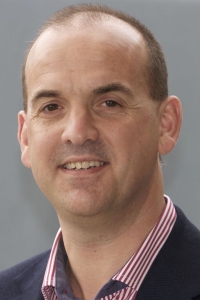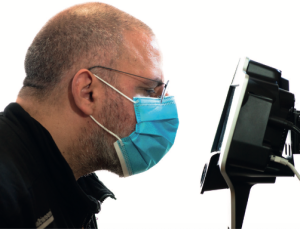Mark Hawthorne
Name: Mark Hawthorne
Job title: International Business Development
Panacea project partner: Senseair
Panacea project work packages: A1.2: Market Analysis and Benchmarking
Q1. What is your personal area of expertise?
Following postgrad business studies, I worked in the medical devices industry for 20 years. In 2013 my focus switched from heart sensors to alcohol sensors and since then I have been helping safety-sensitive companies introduce automated “sober check-in” solutions.
Q2. What are you currently working on for the Panacea project?
The next step is providing a sober clock-in system for the “automated driving” case. Automated driving can potentially greatly improve road safety. However, there will be many steps along the way that involve the vehicle being able to increasingly handle more of the driving tasks automatically but with the failsafe / fallback alternative of alerting the human driver to take control in extreme circumstances. The less often the human driver is required to take personal control, the more complacent they are likely to become, which could include a more relaxed approach to drinking and driving. That is why unobtrusive alcohol testing is important even in “automated driving” scenarios.
Q3. Tell us about one particularly striking thing that you learned from your latest research for the project.
During the market research phase regarding drink driving technology (that is my focus), it became clear that the regular drink driving controls that had been the norm before the Covid-19 pandemic, had very largely been halted. There are concerns regarding potential disease transmission risks related to the standard fuel cell breathalysers that rely on mouthpieces and require a long, forced breath. At the same time, pandemic-related stress resulted in an increase in risky drinking behaviour. Clearly new solutions are required.
Q4. Explain how you think this will help the Panacea project achieve its aims of improving fitness to drive among professional transport workers.
Fortunately, Panacea had selected a new contactless technology that requires only a short normal breath that minimises disease transmission risks and can be widely used to unobtrusively confirm professional drivers are sober every time they report for work.
Q5. Why is working on a road safety project important to you?
I recently had a very good friend killed when a car knocked him off his bicycle. The cause was unexplained, but the circumstances suggest some unspecified impairment of the driver. For me this underlines the potential lifesaving benefits the Panacea technologies could offer if they can eventually be implemented in all vehicles.




